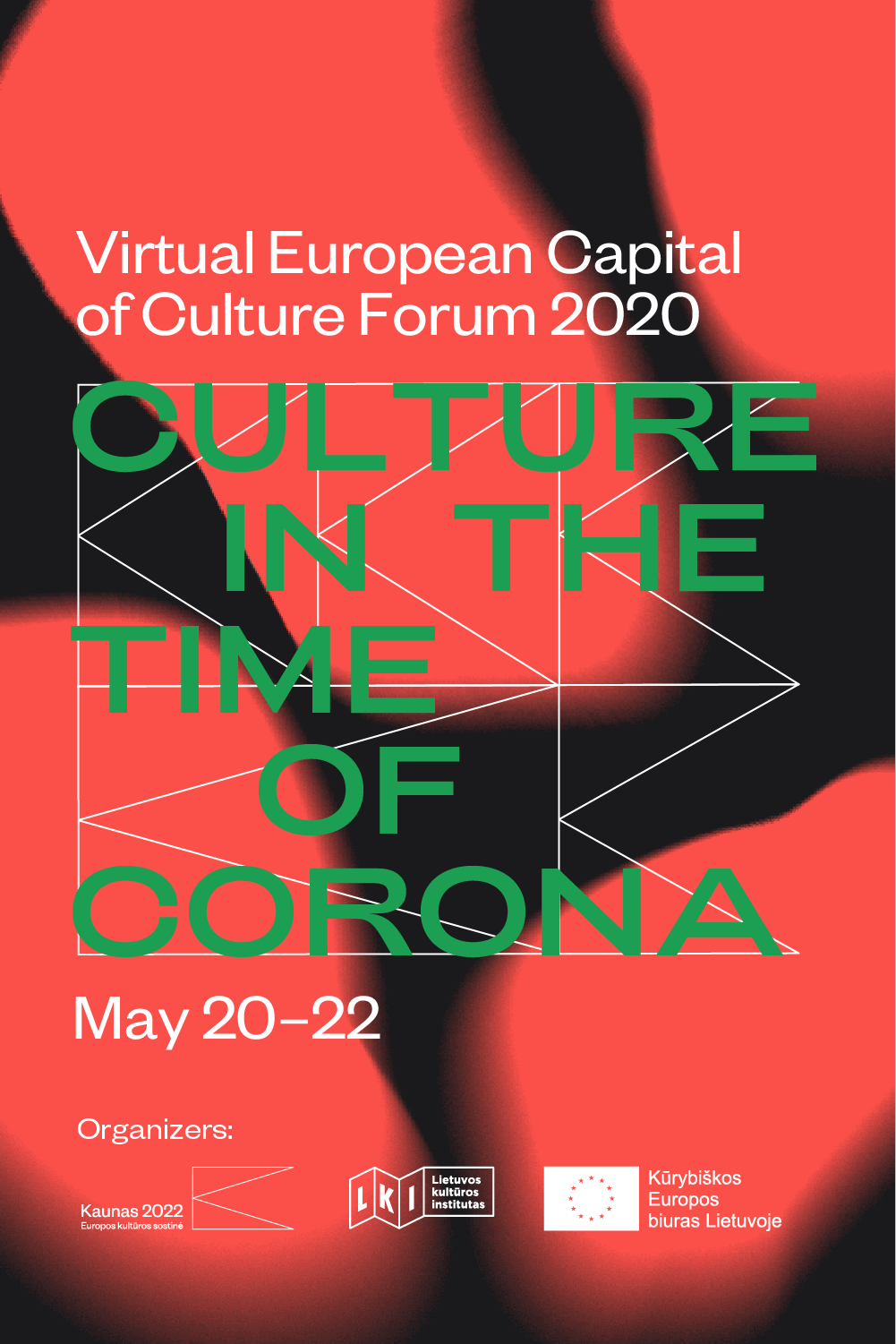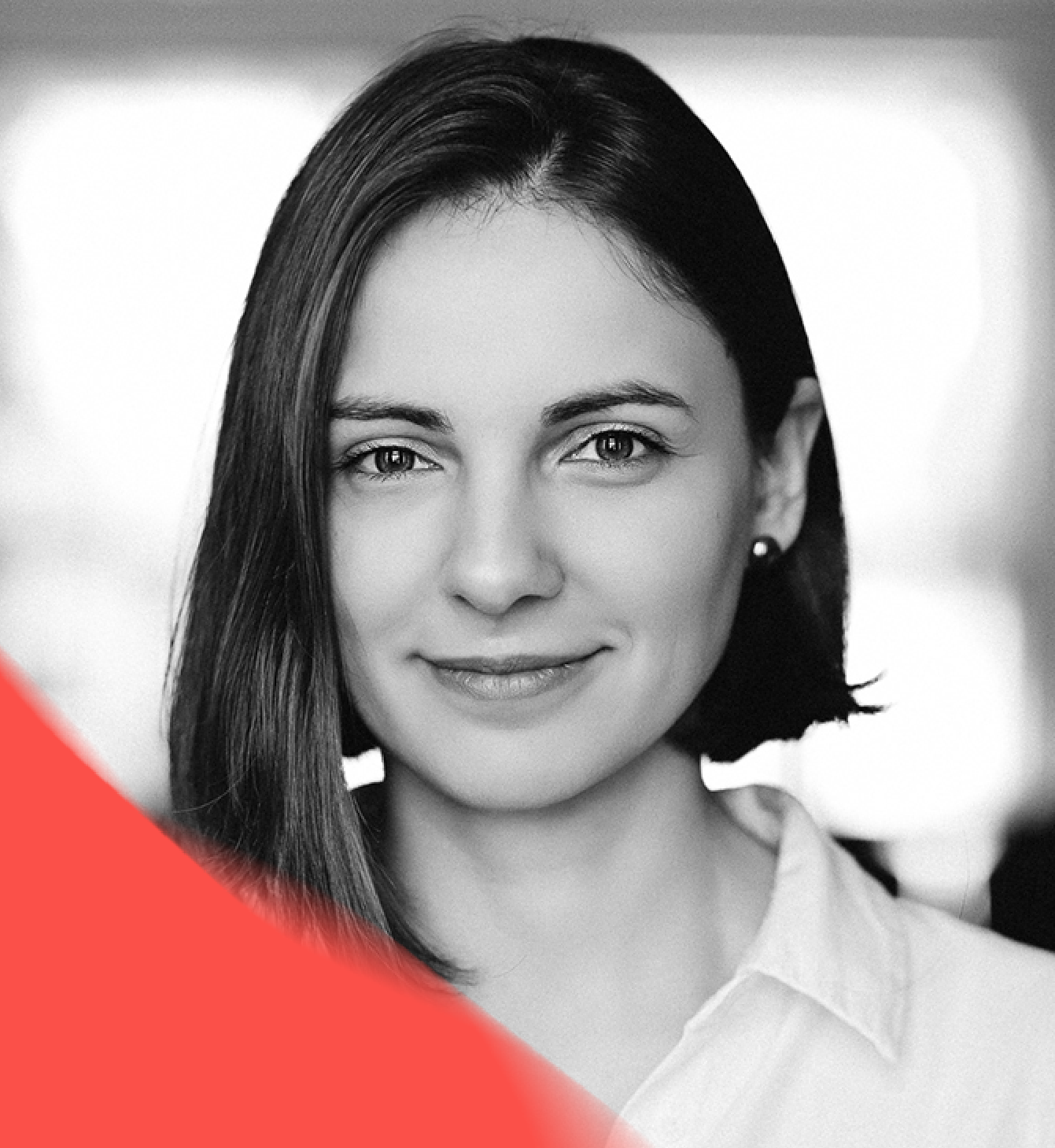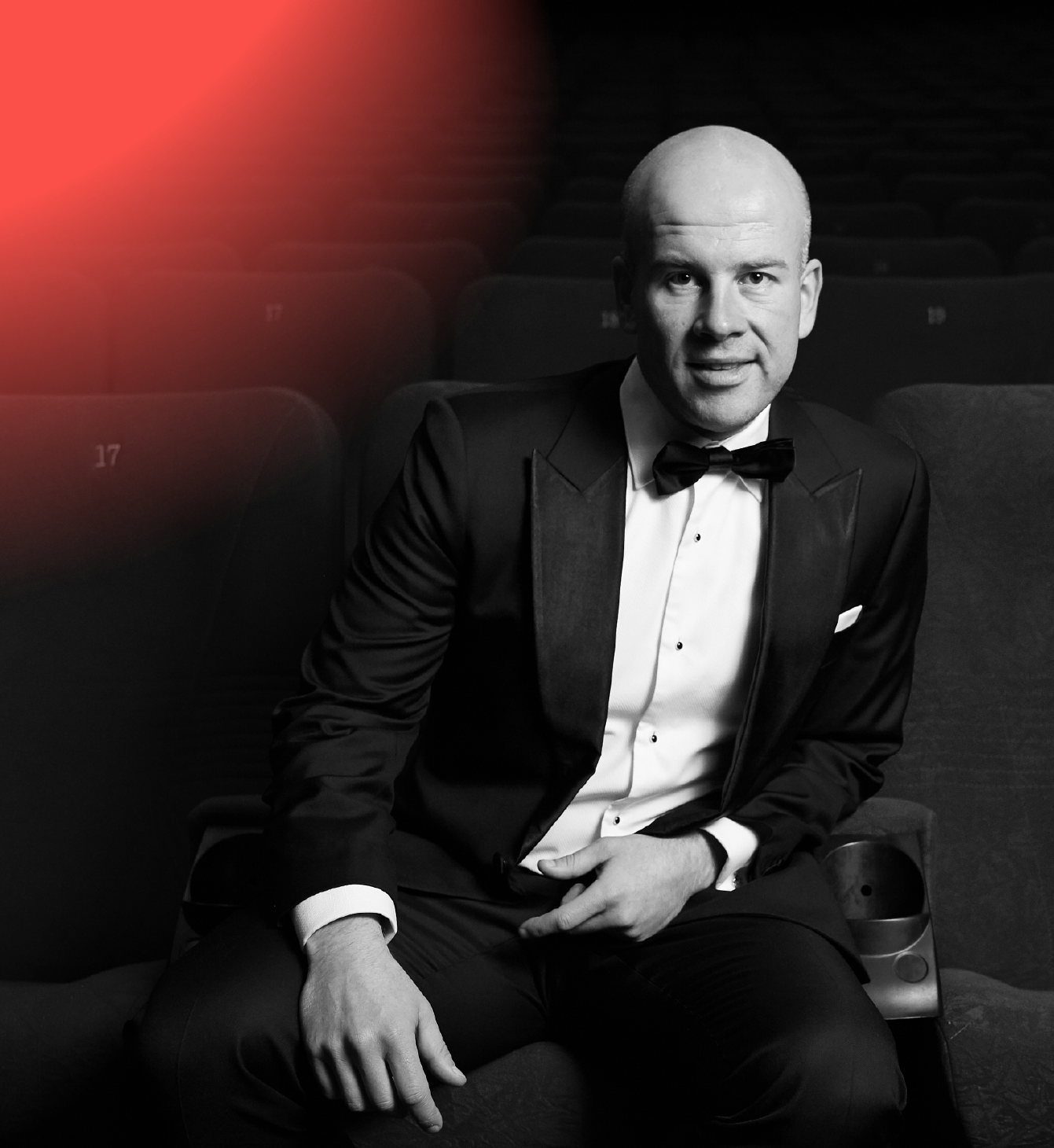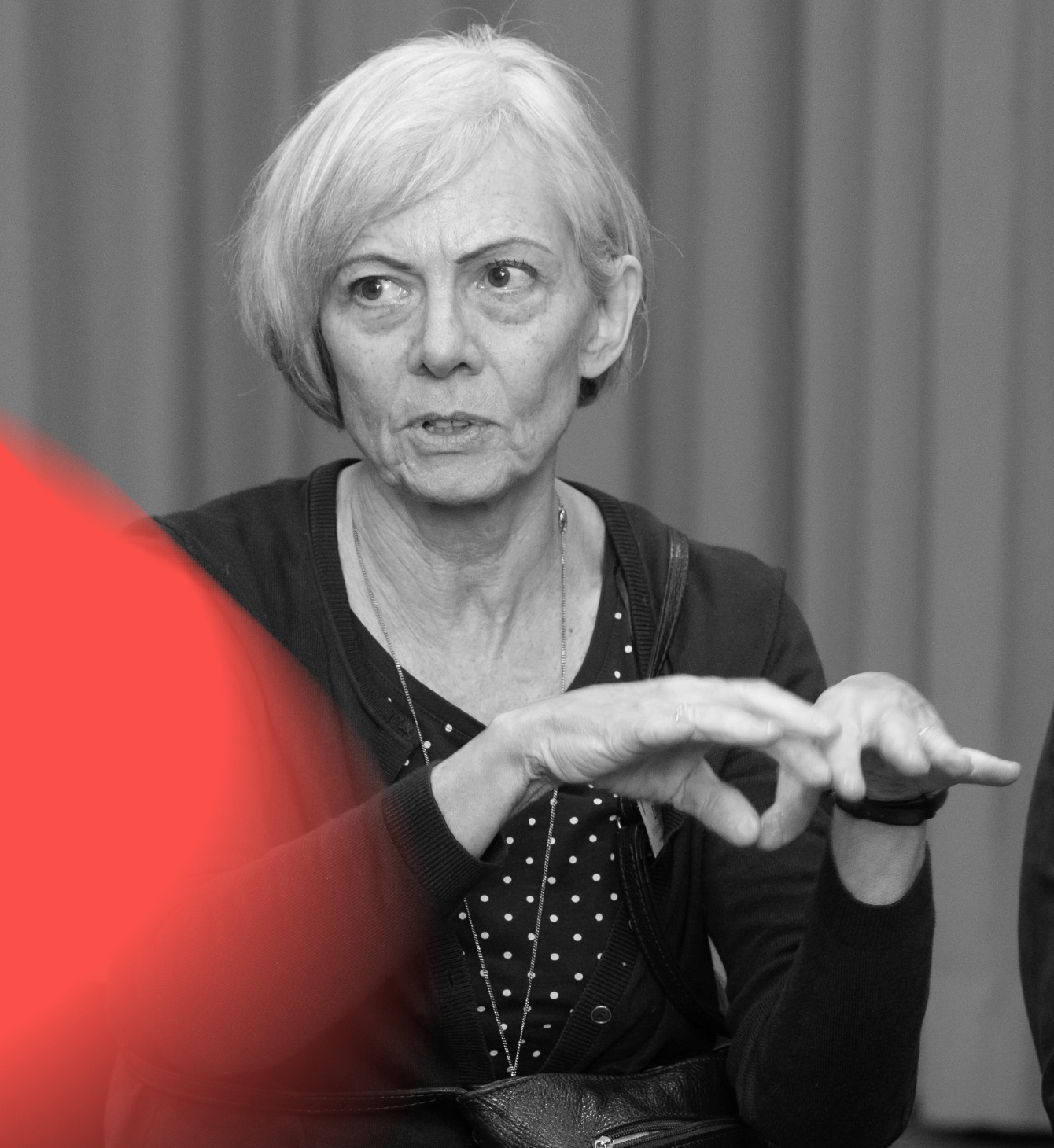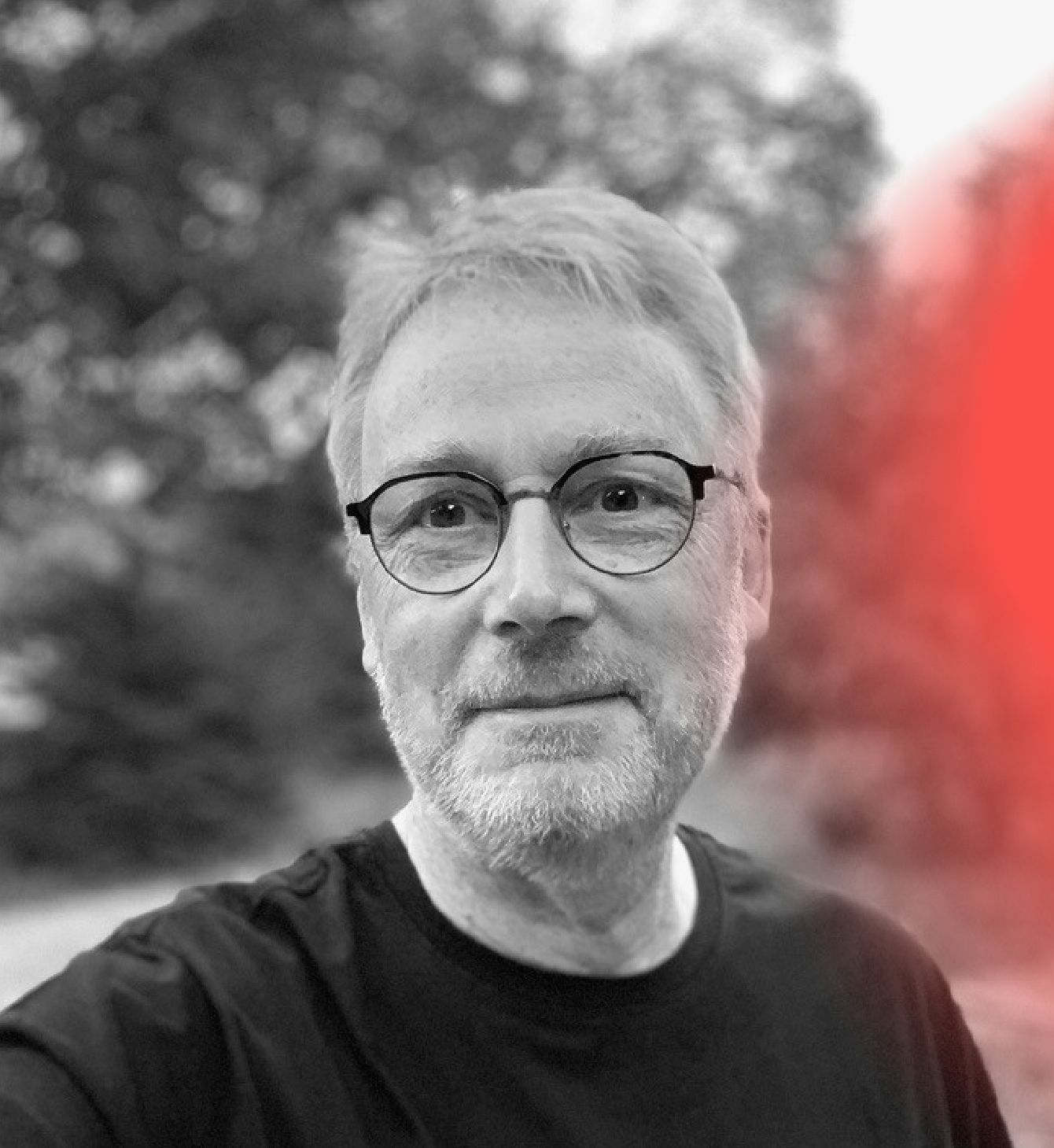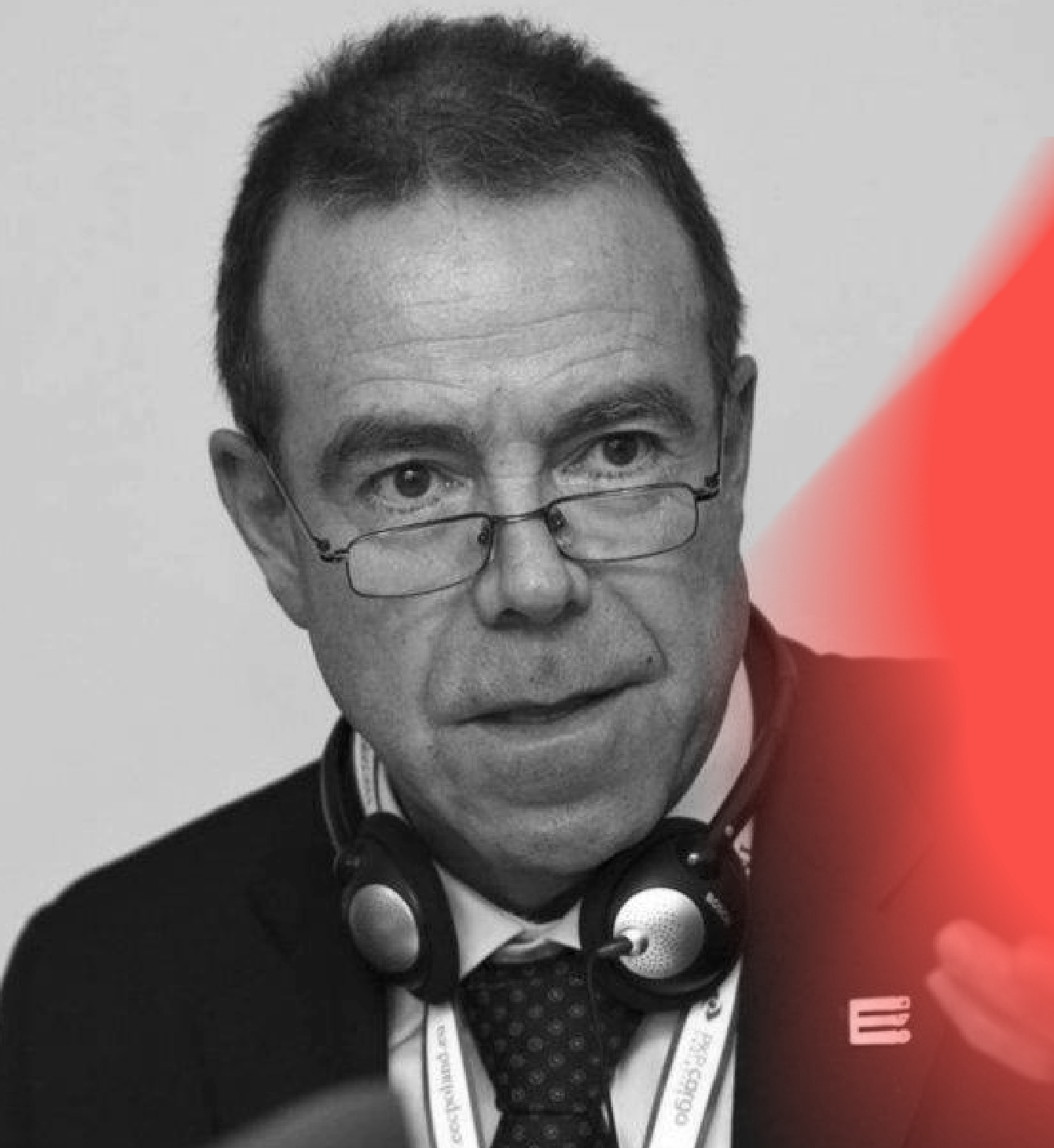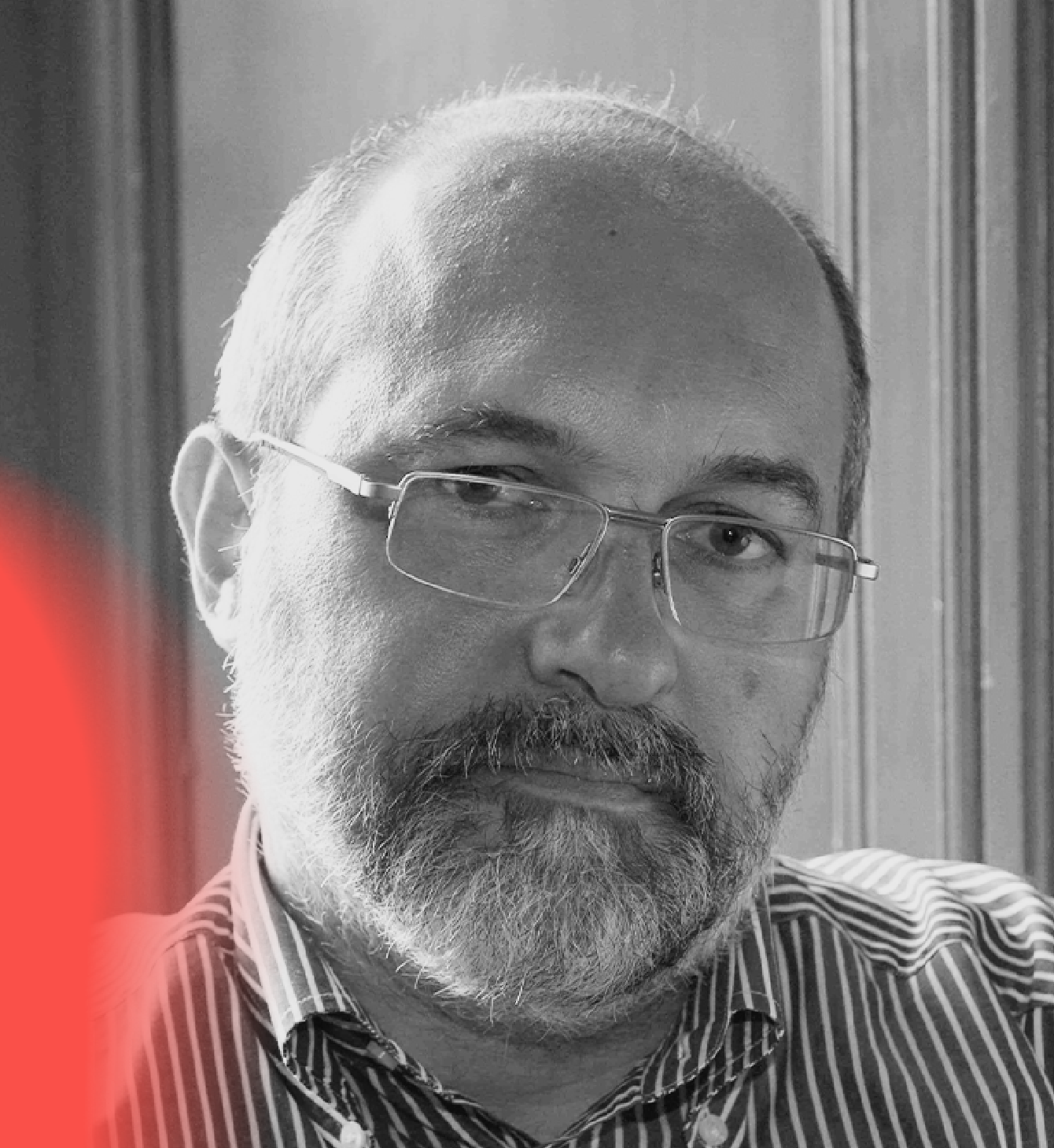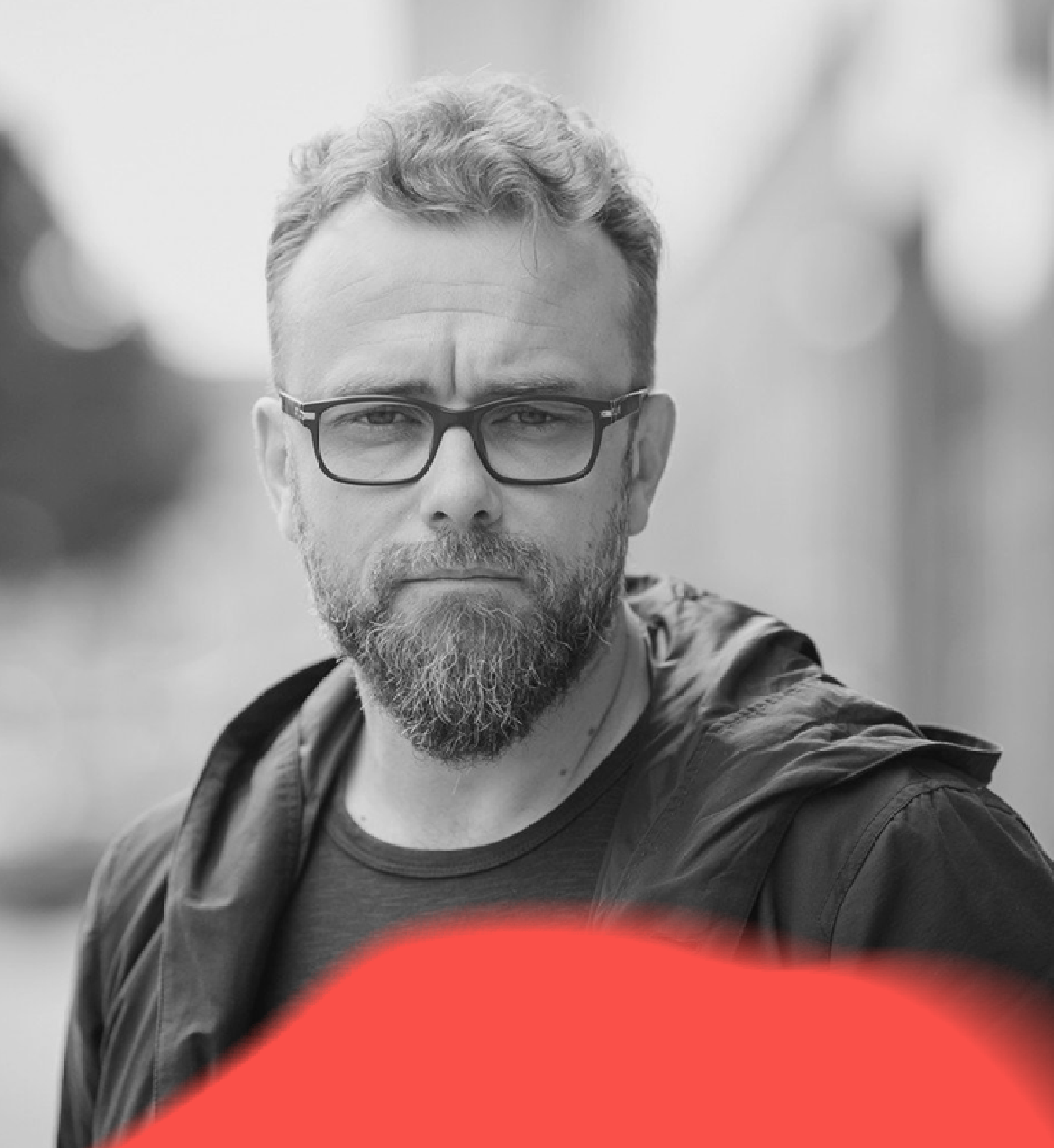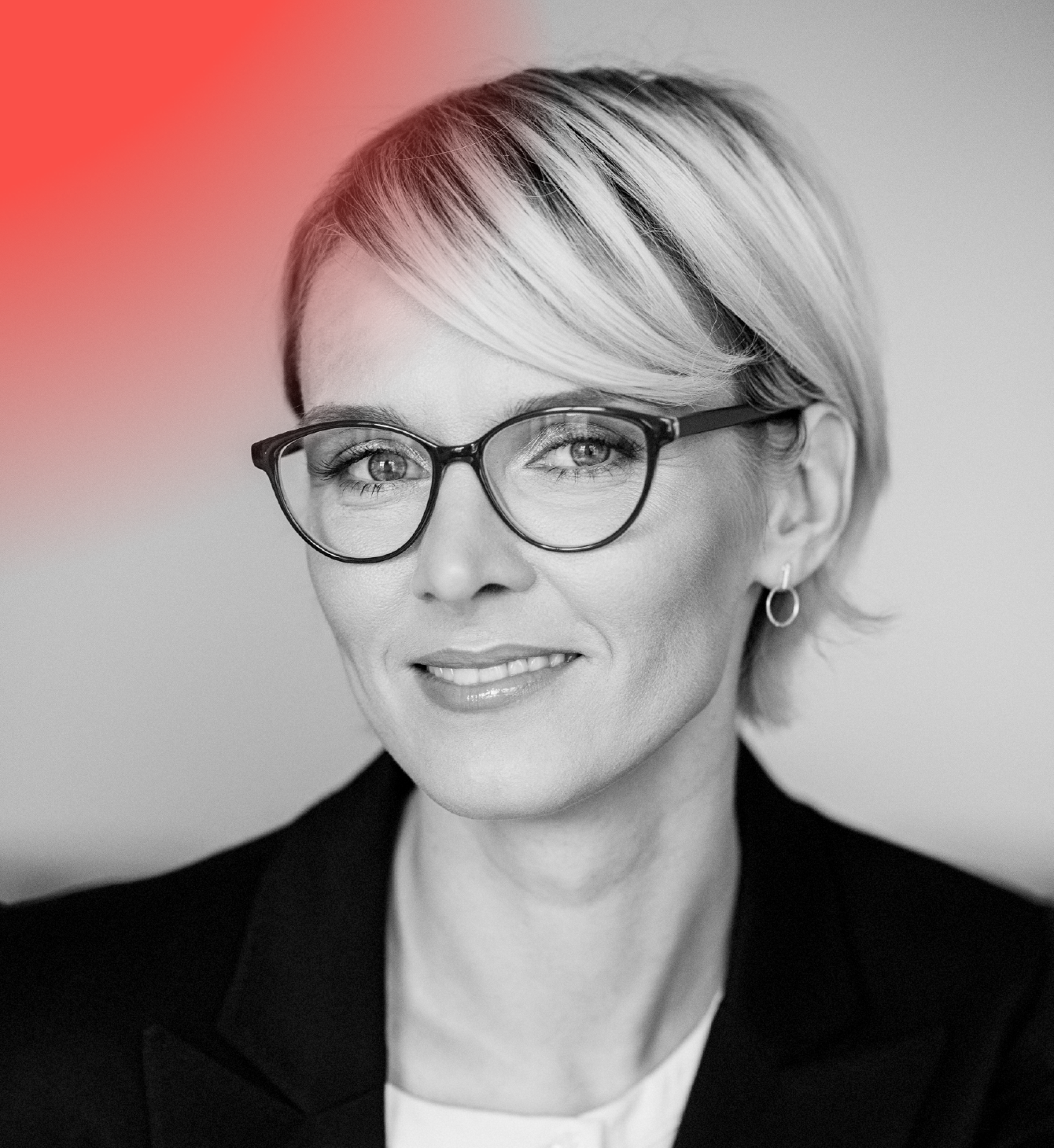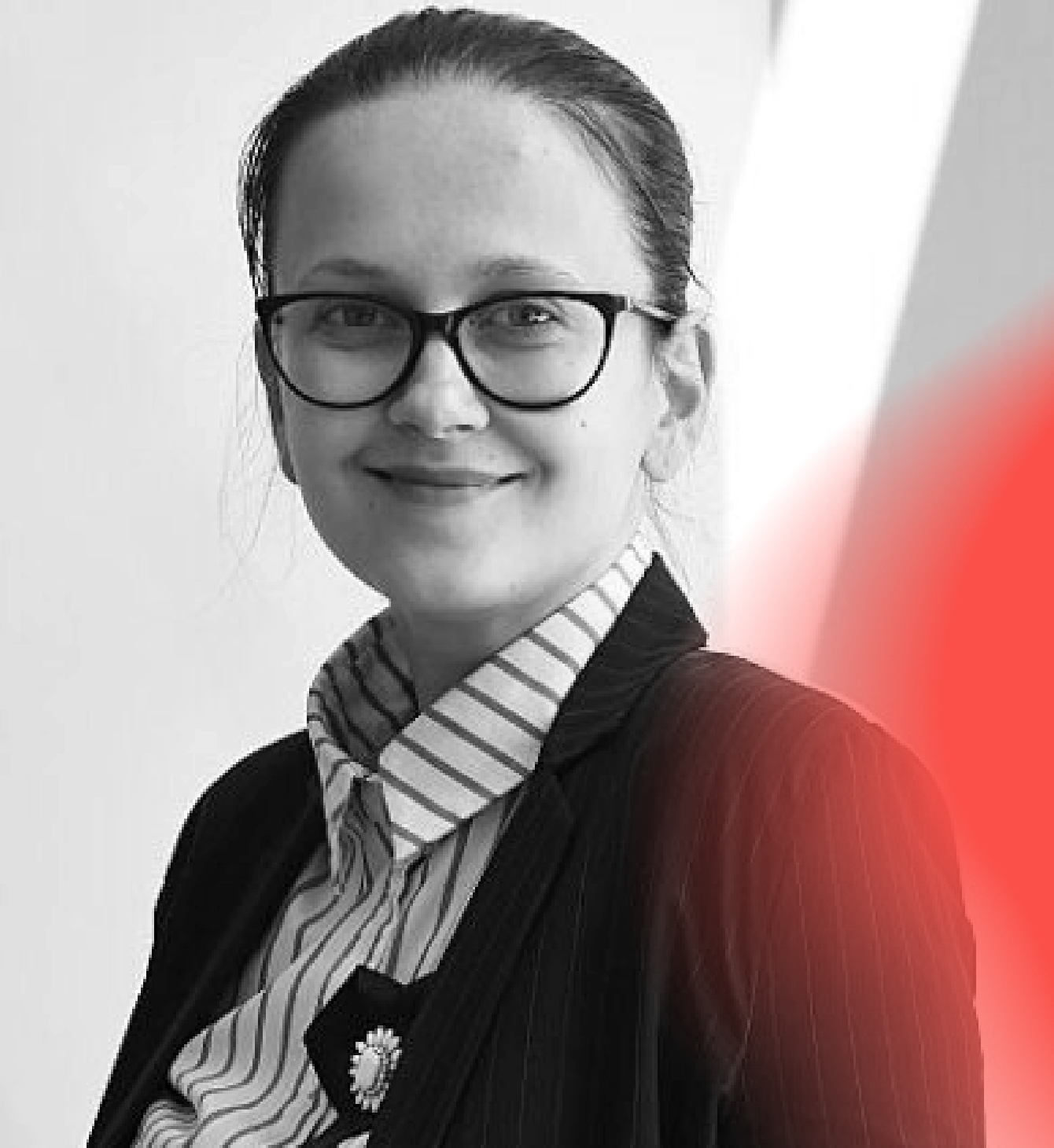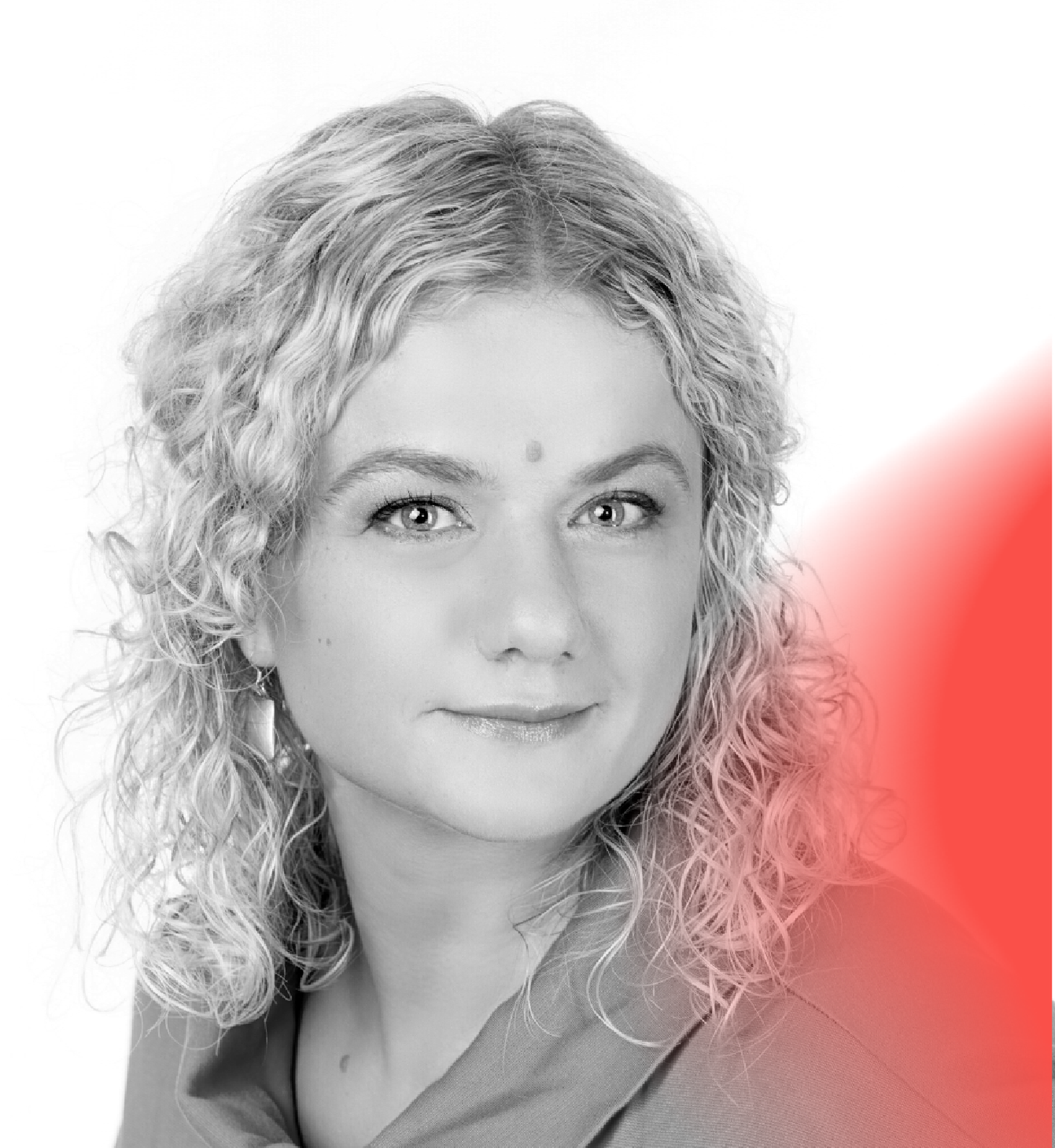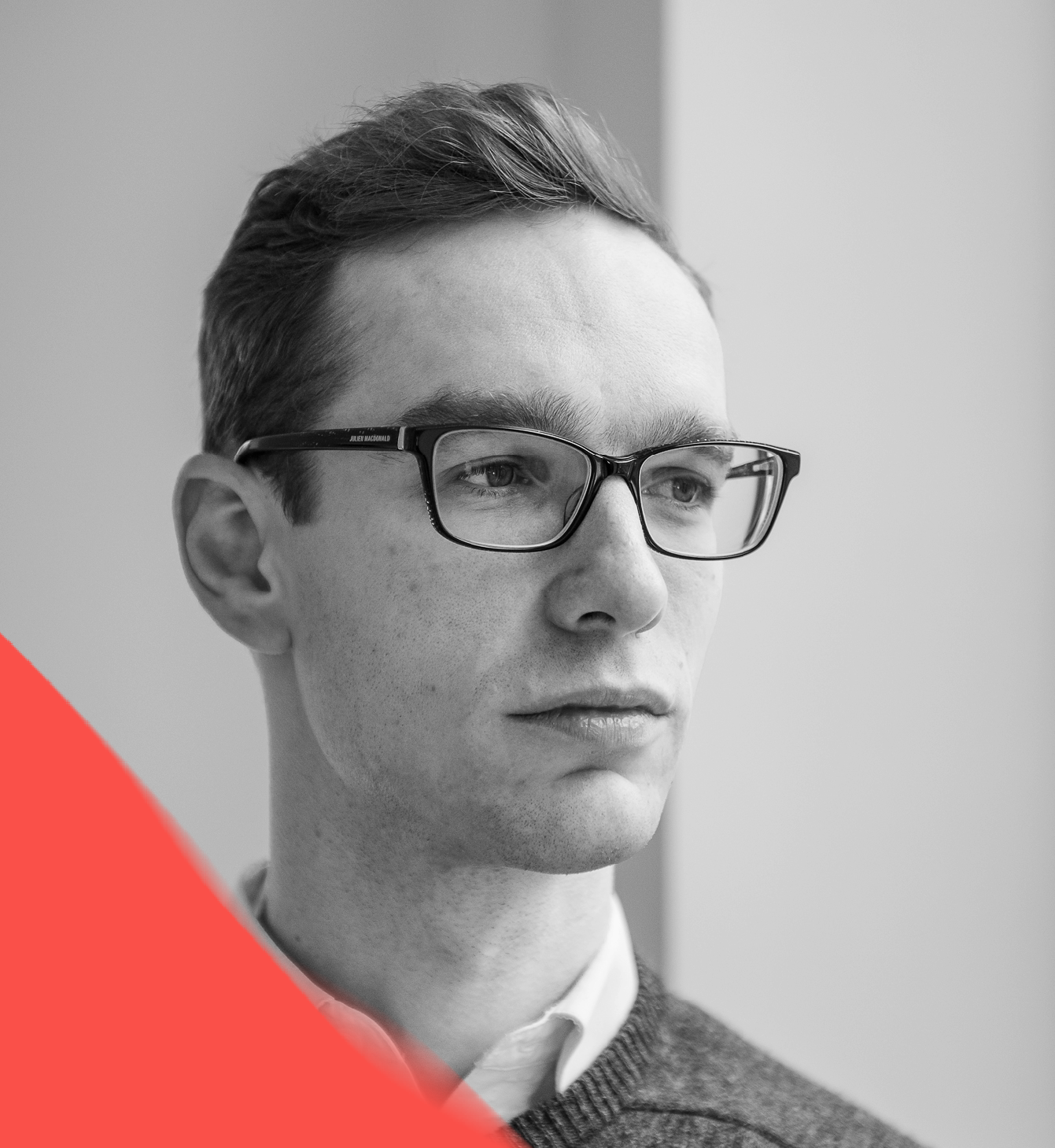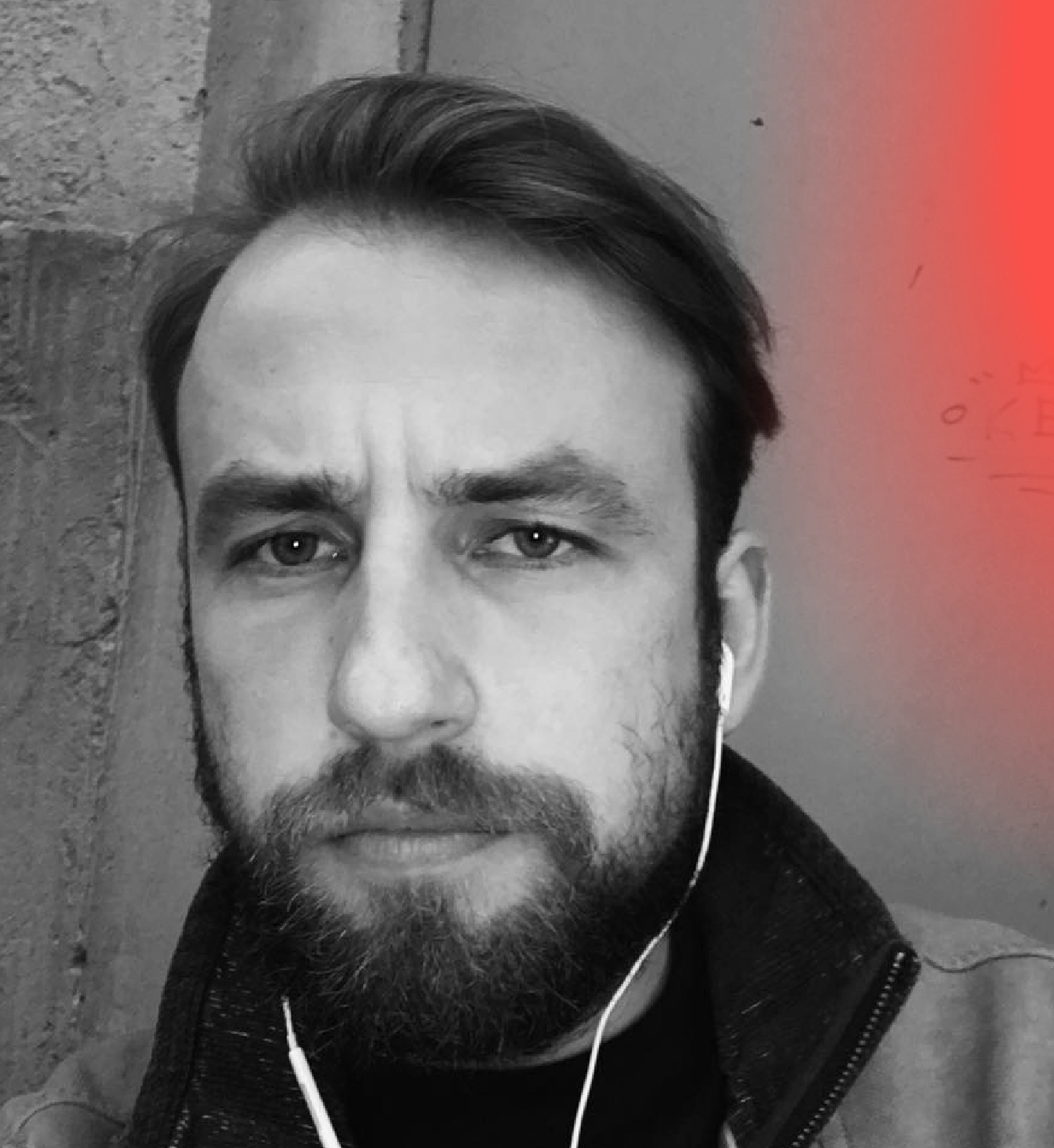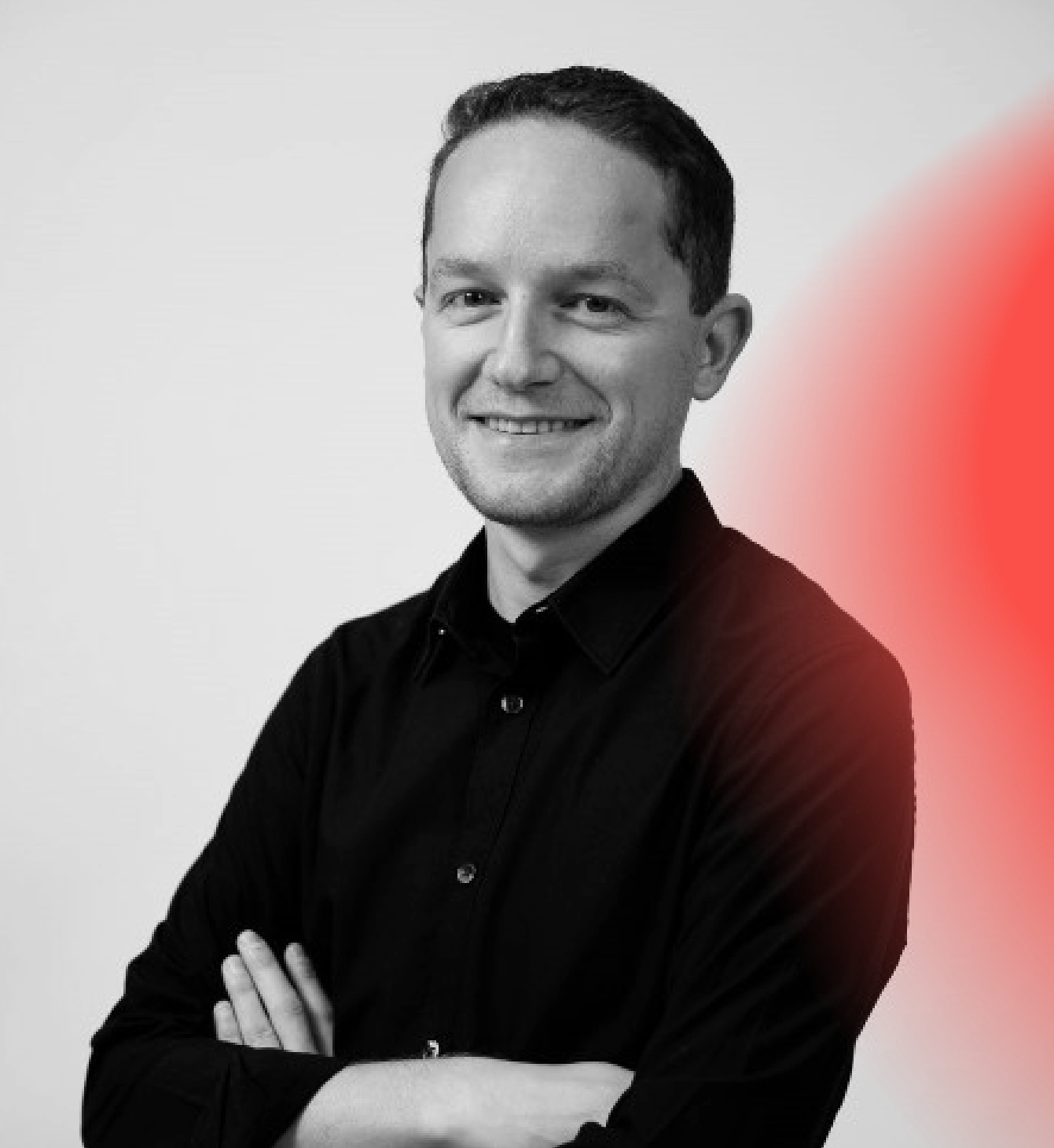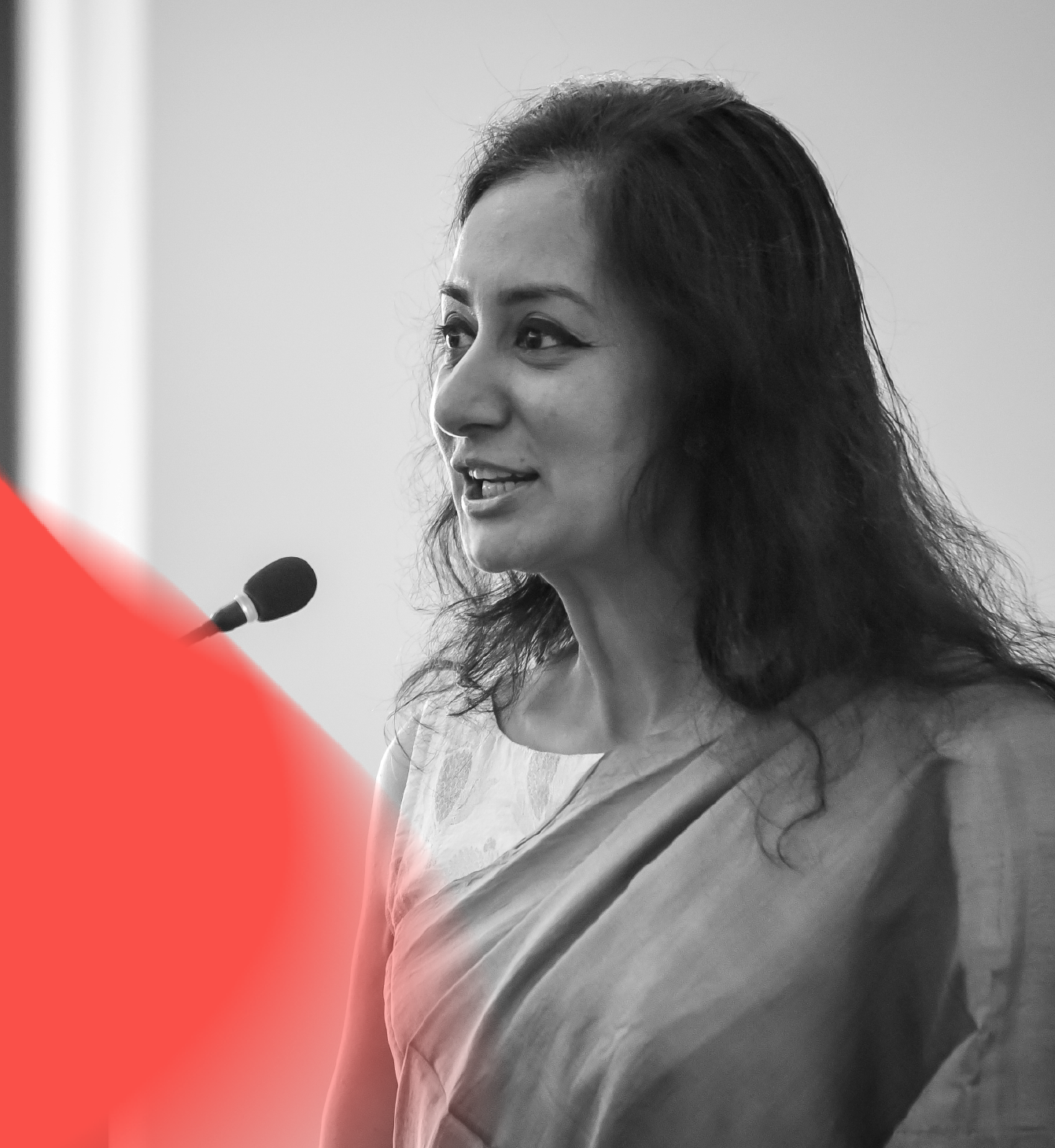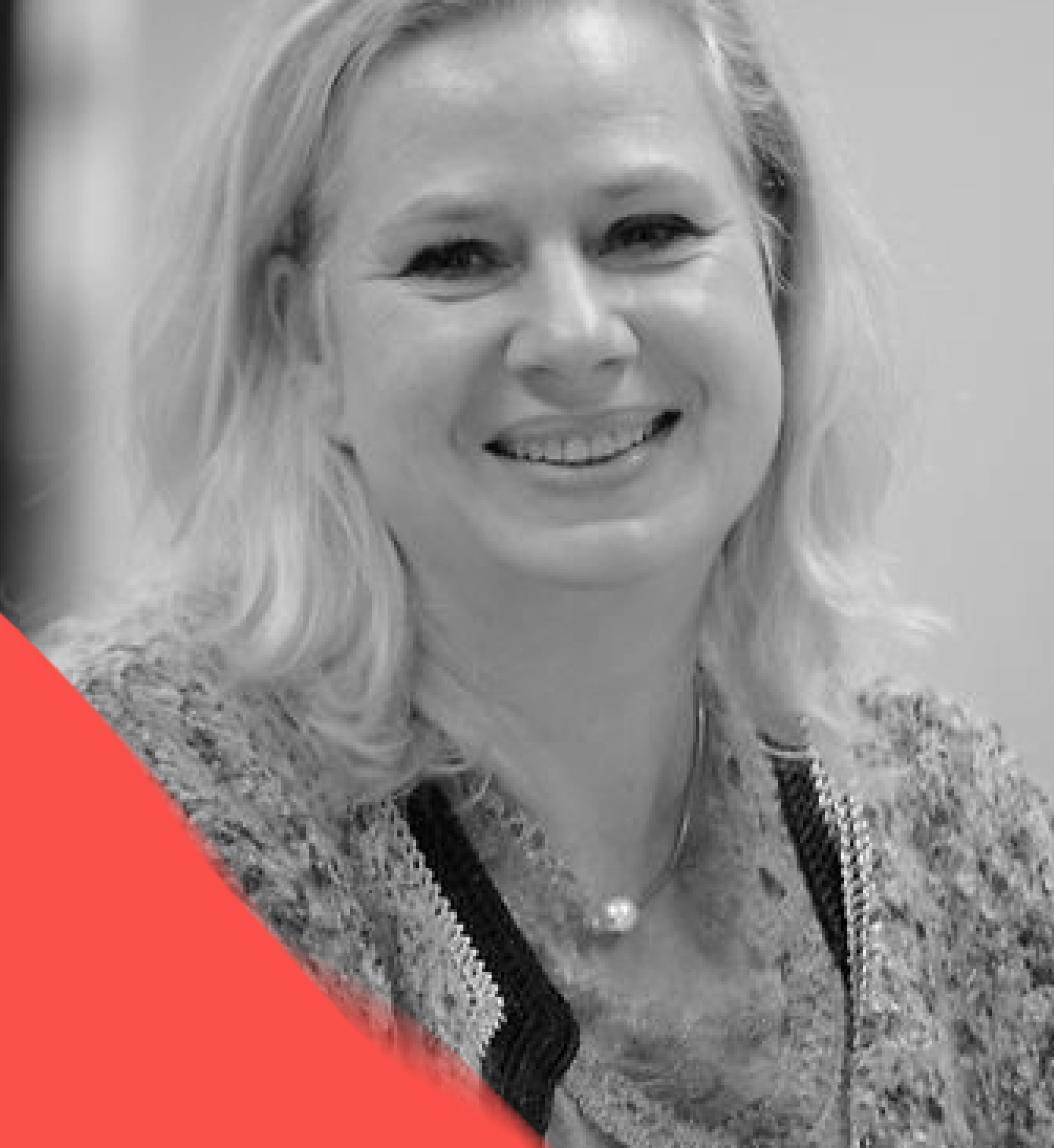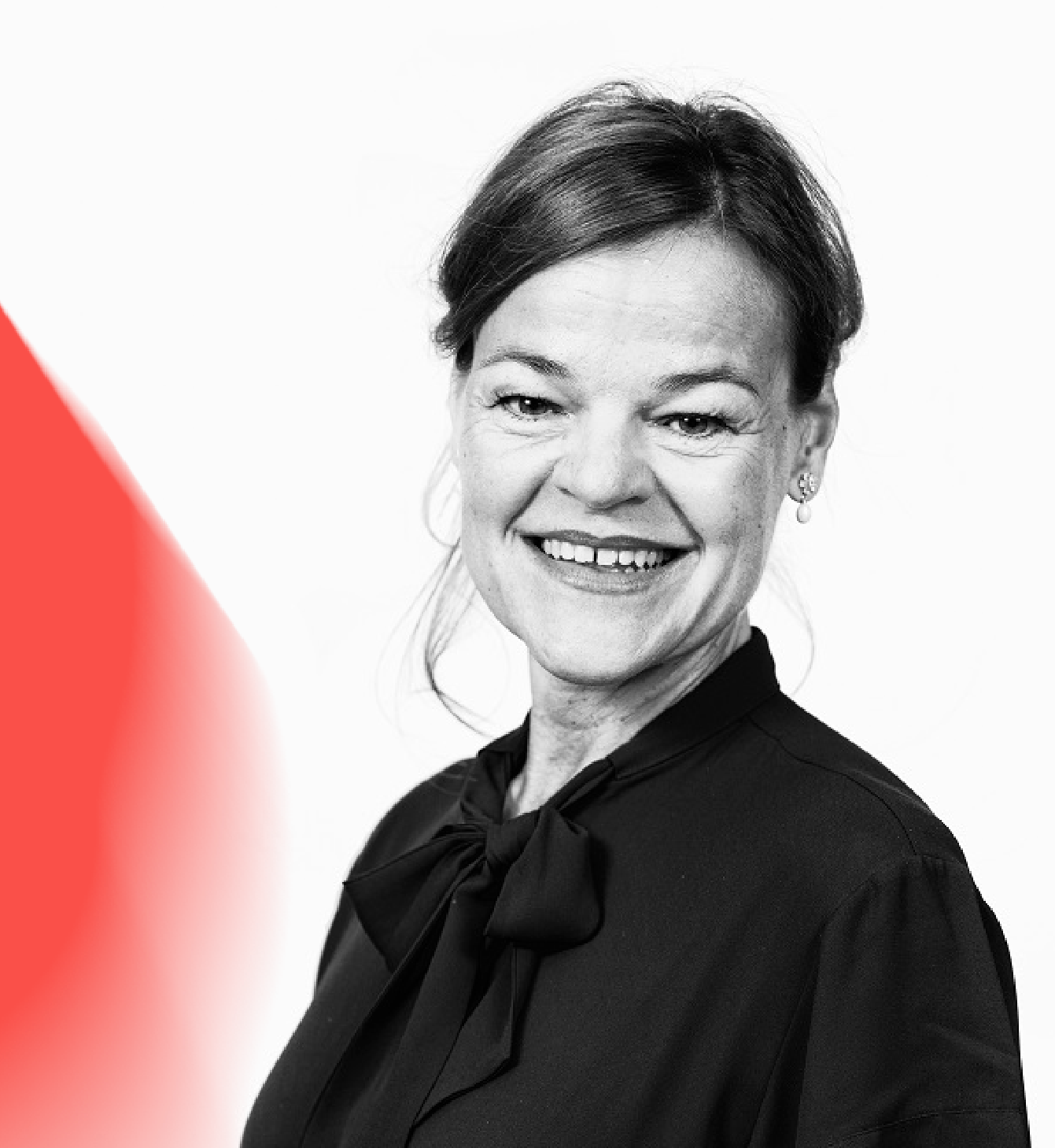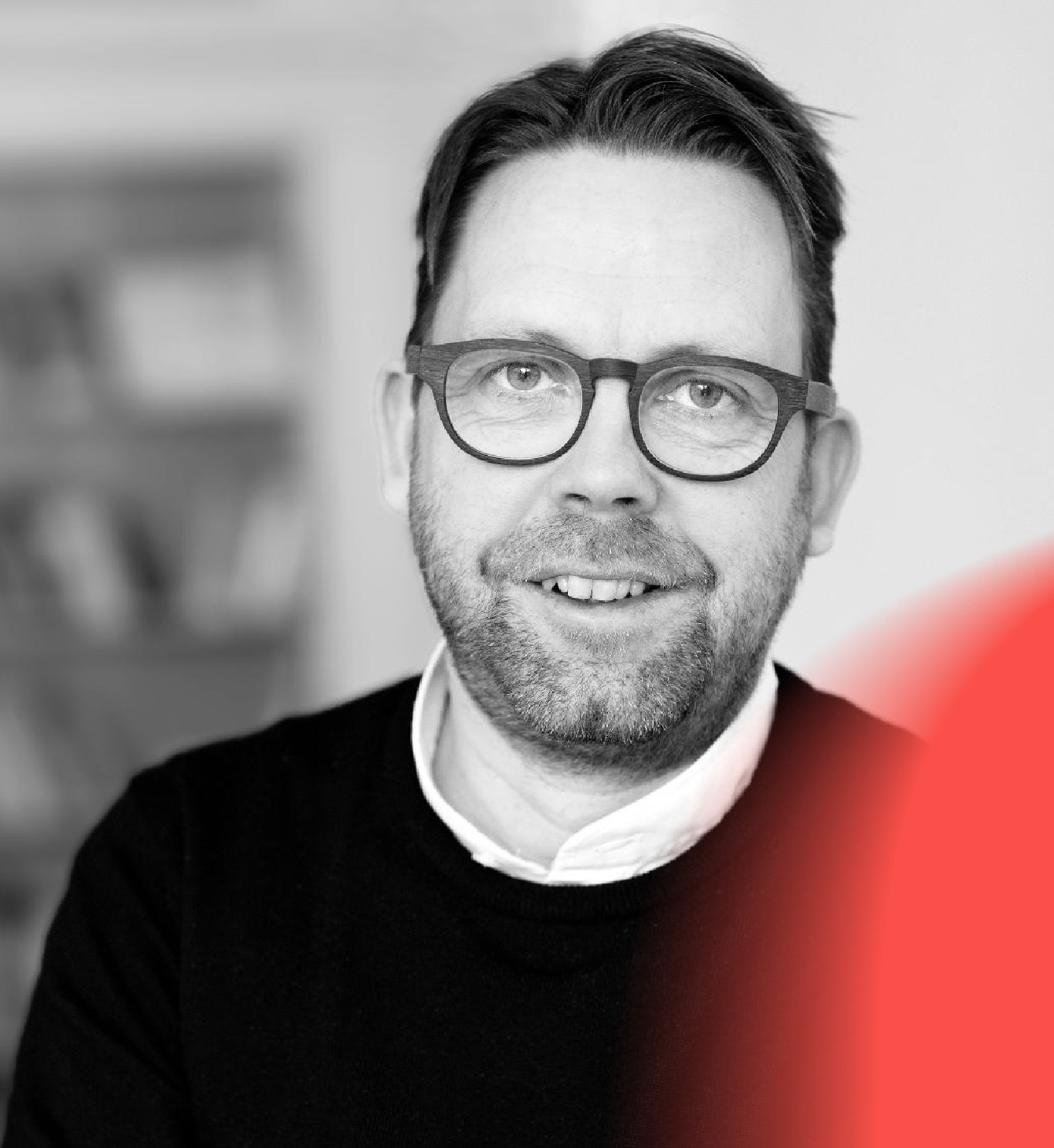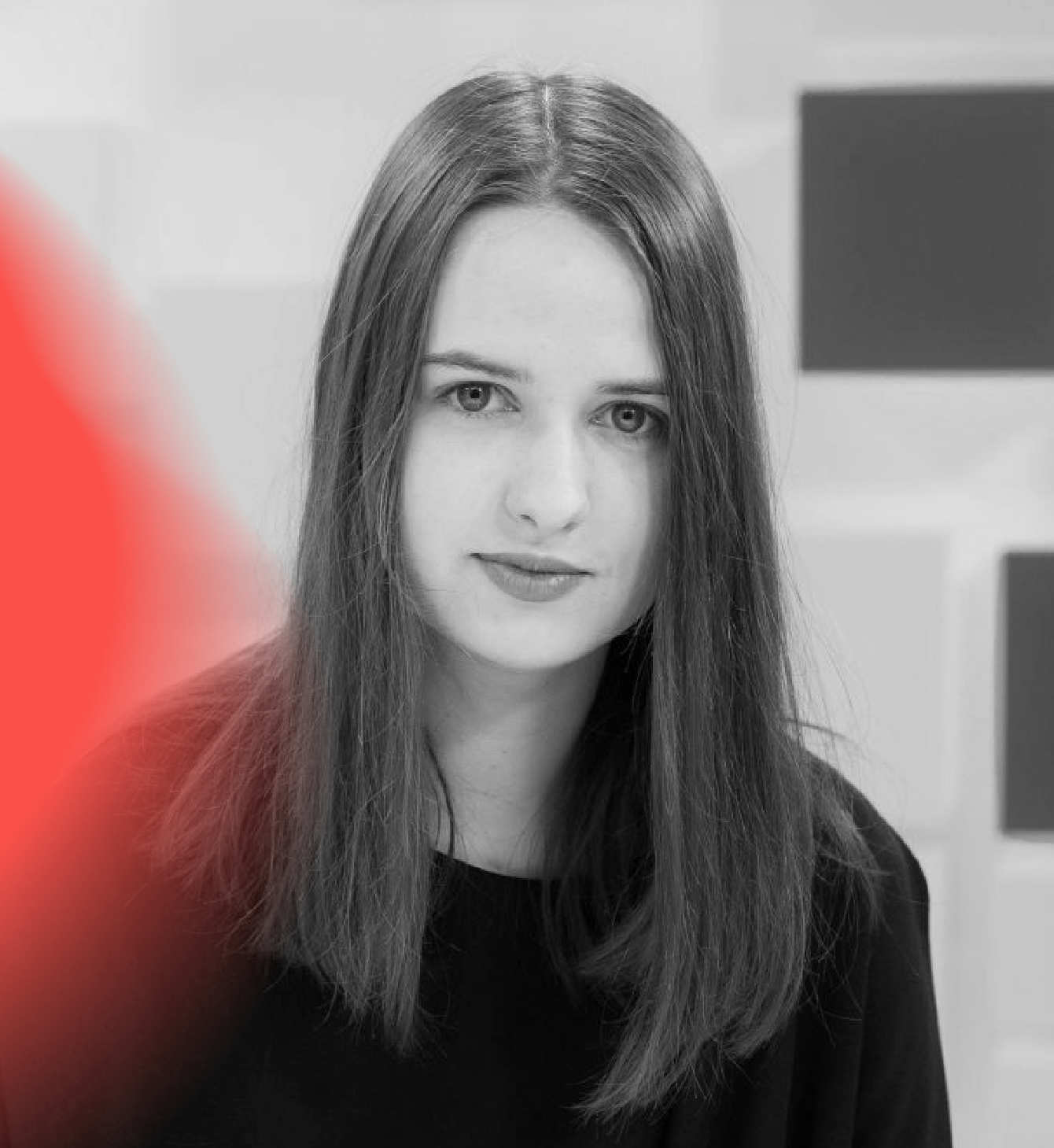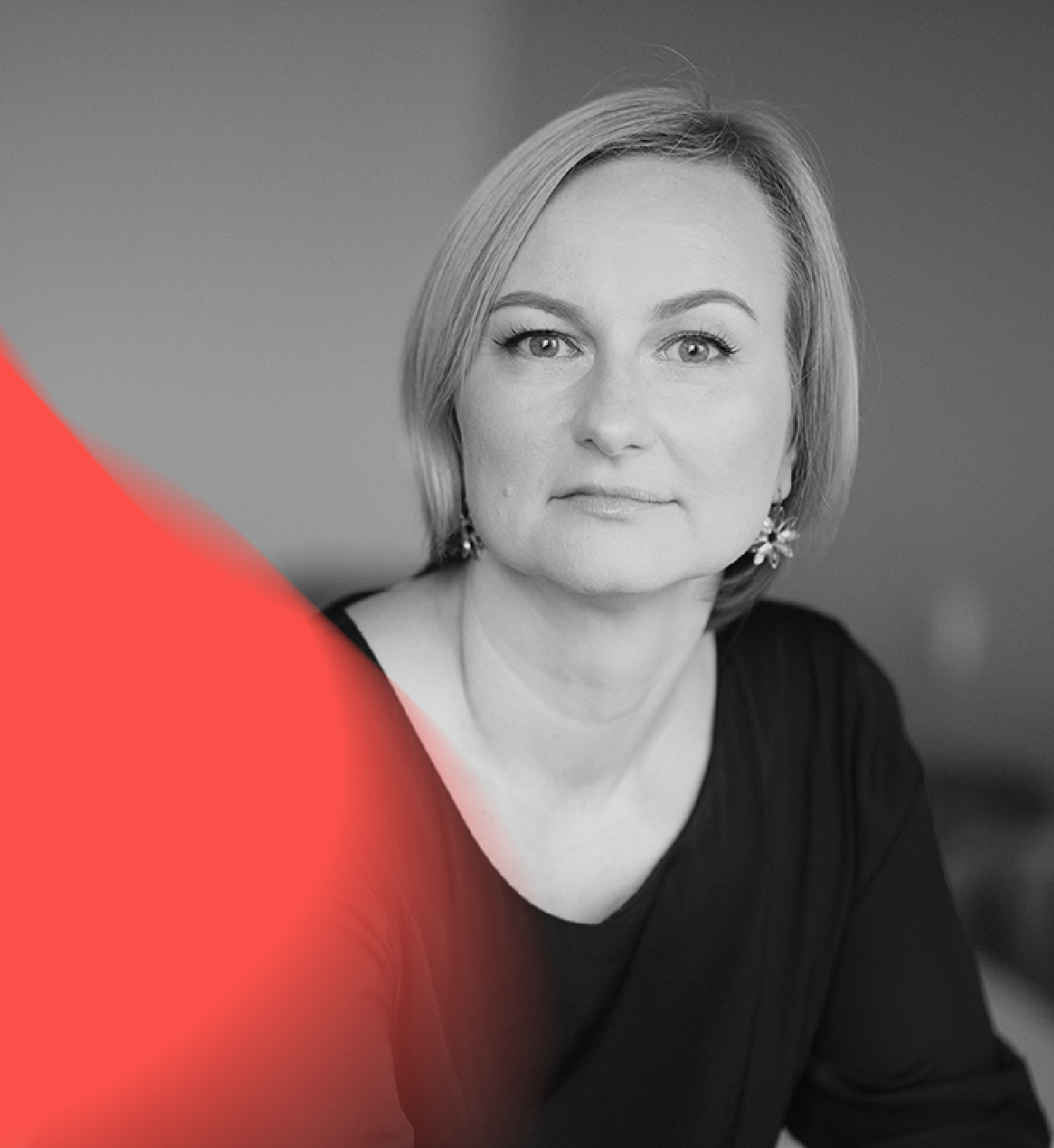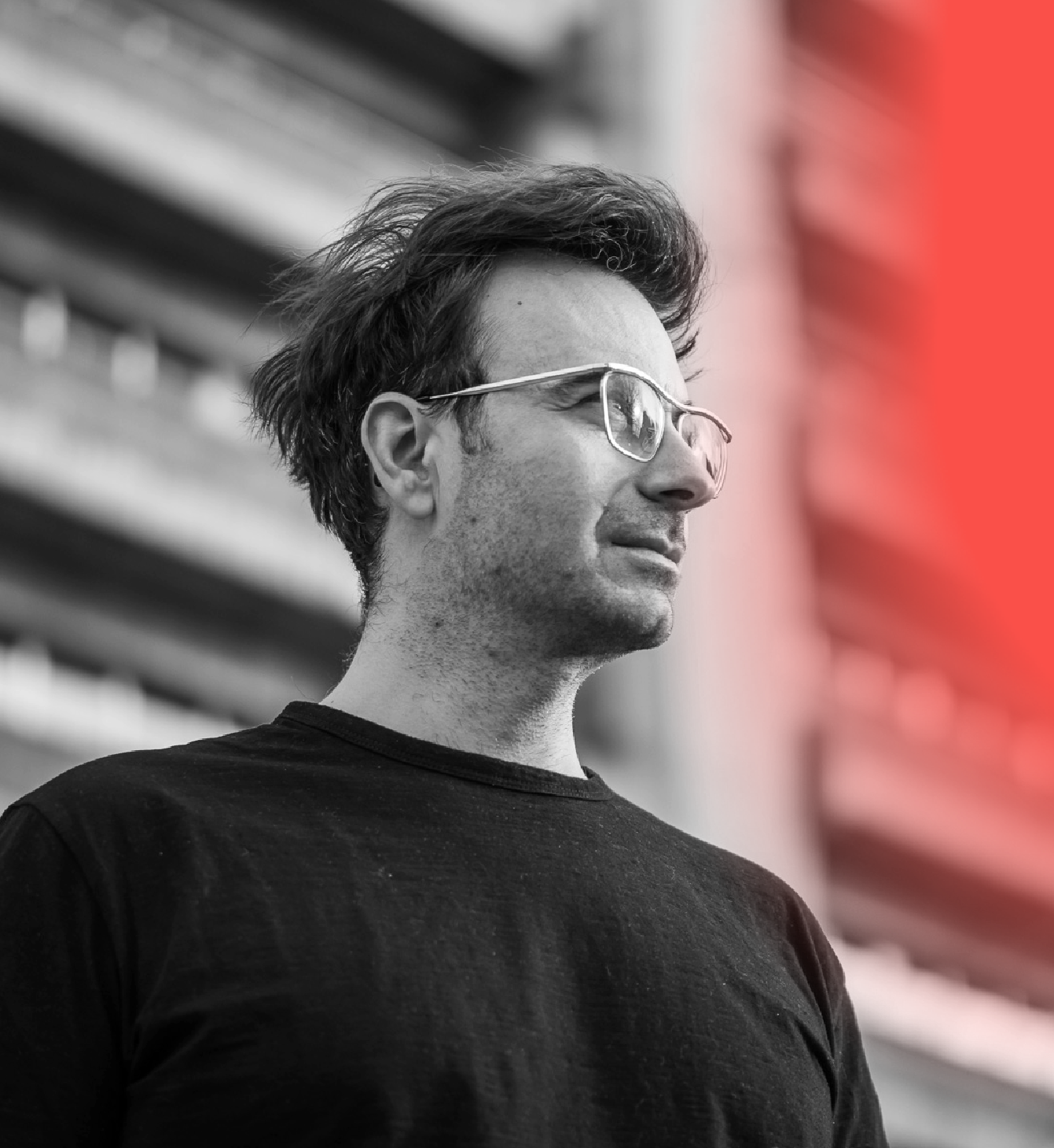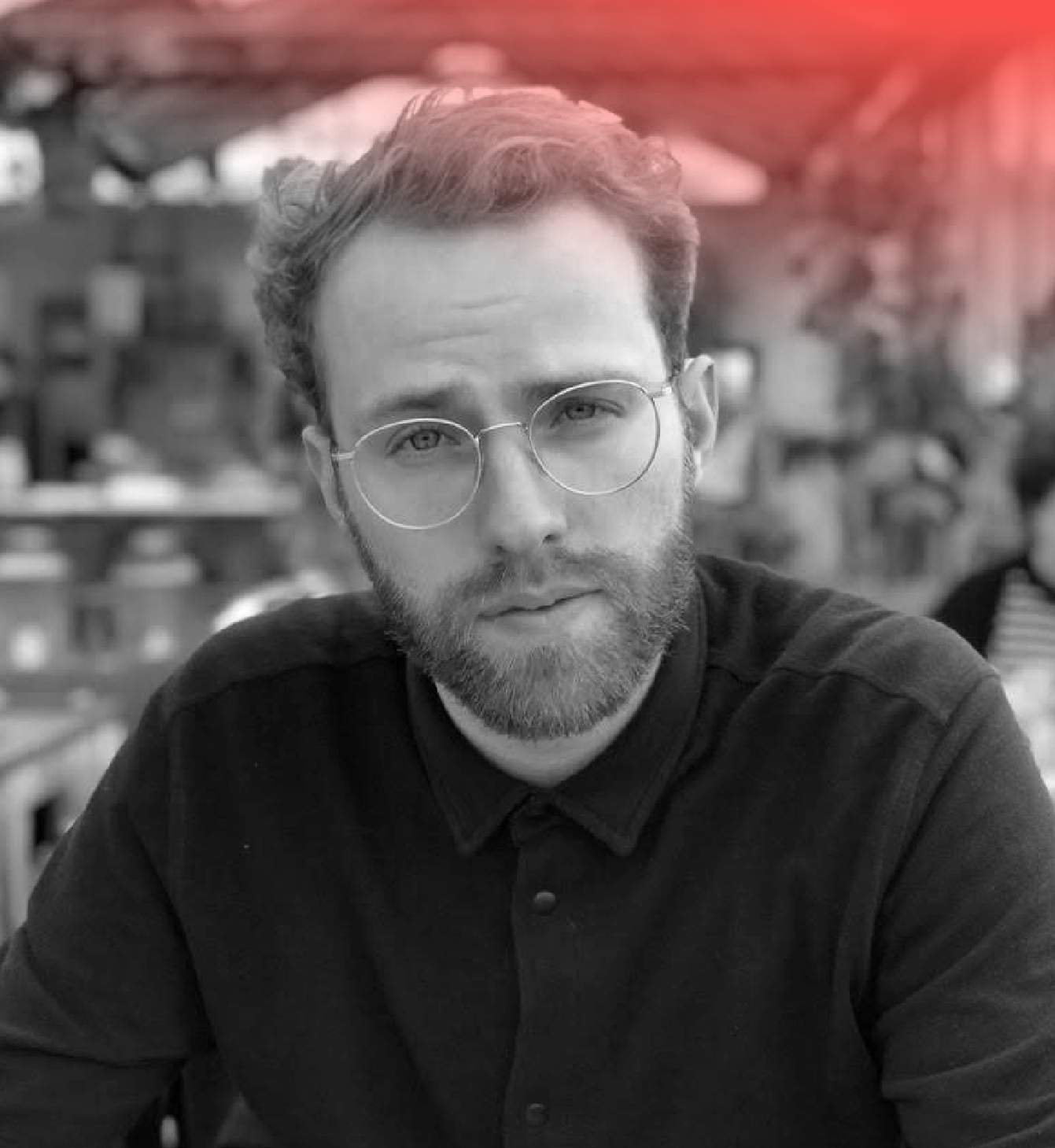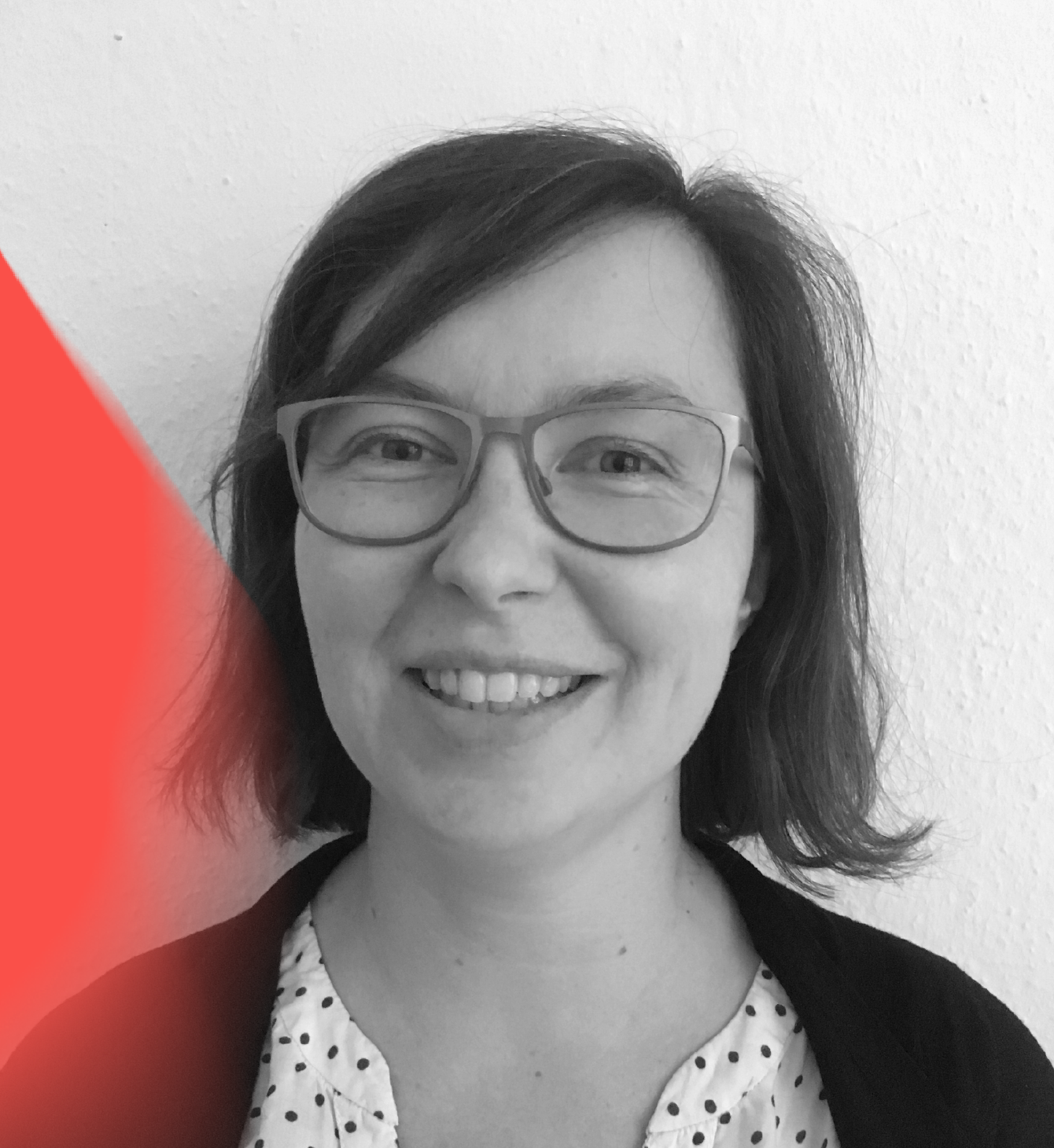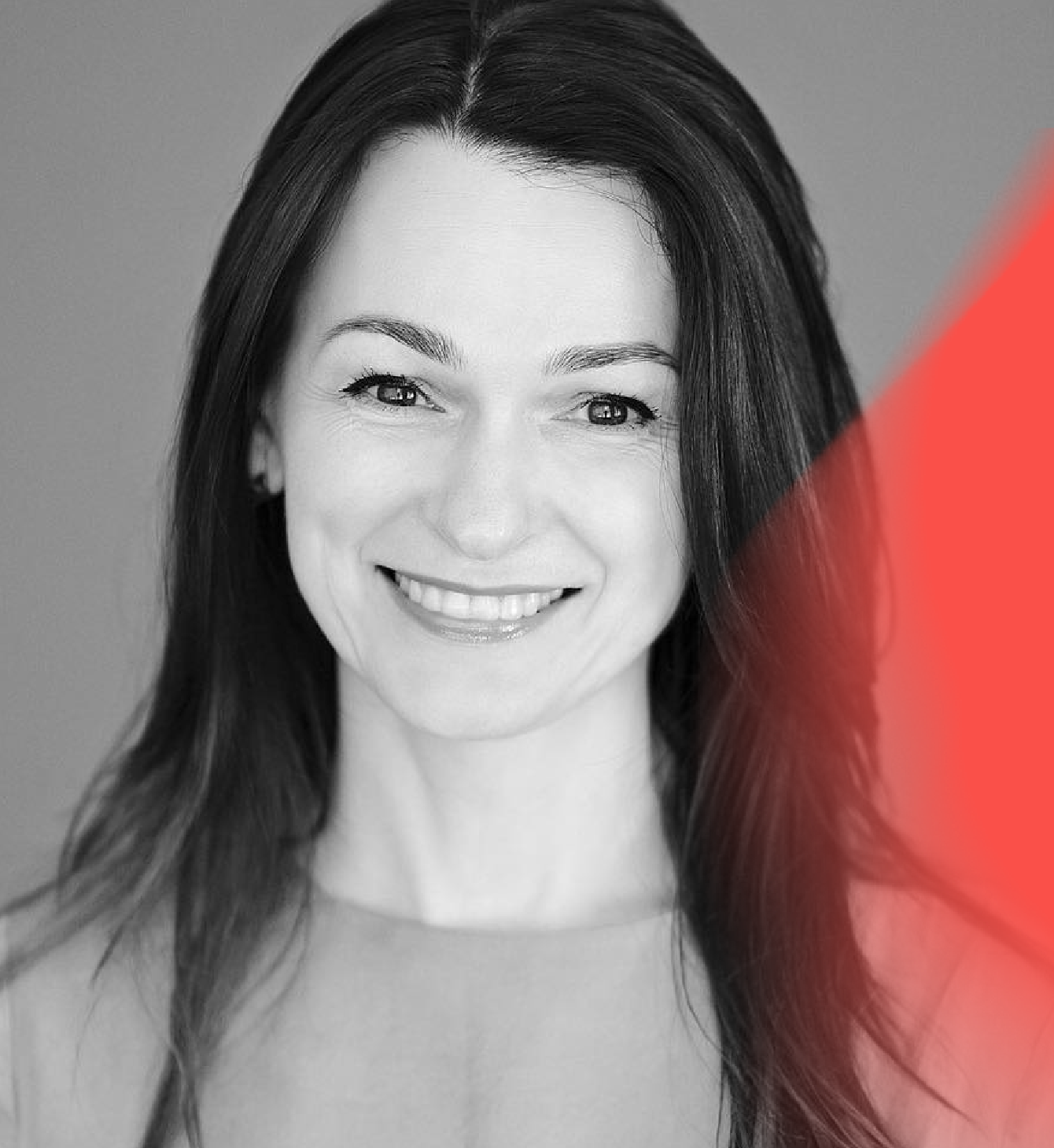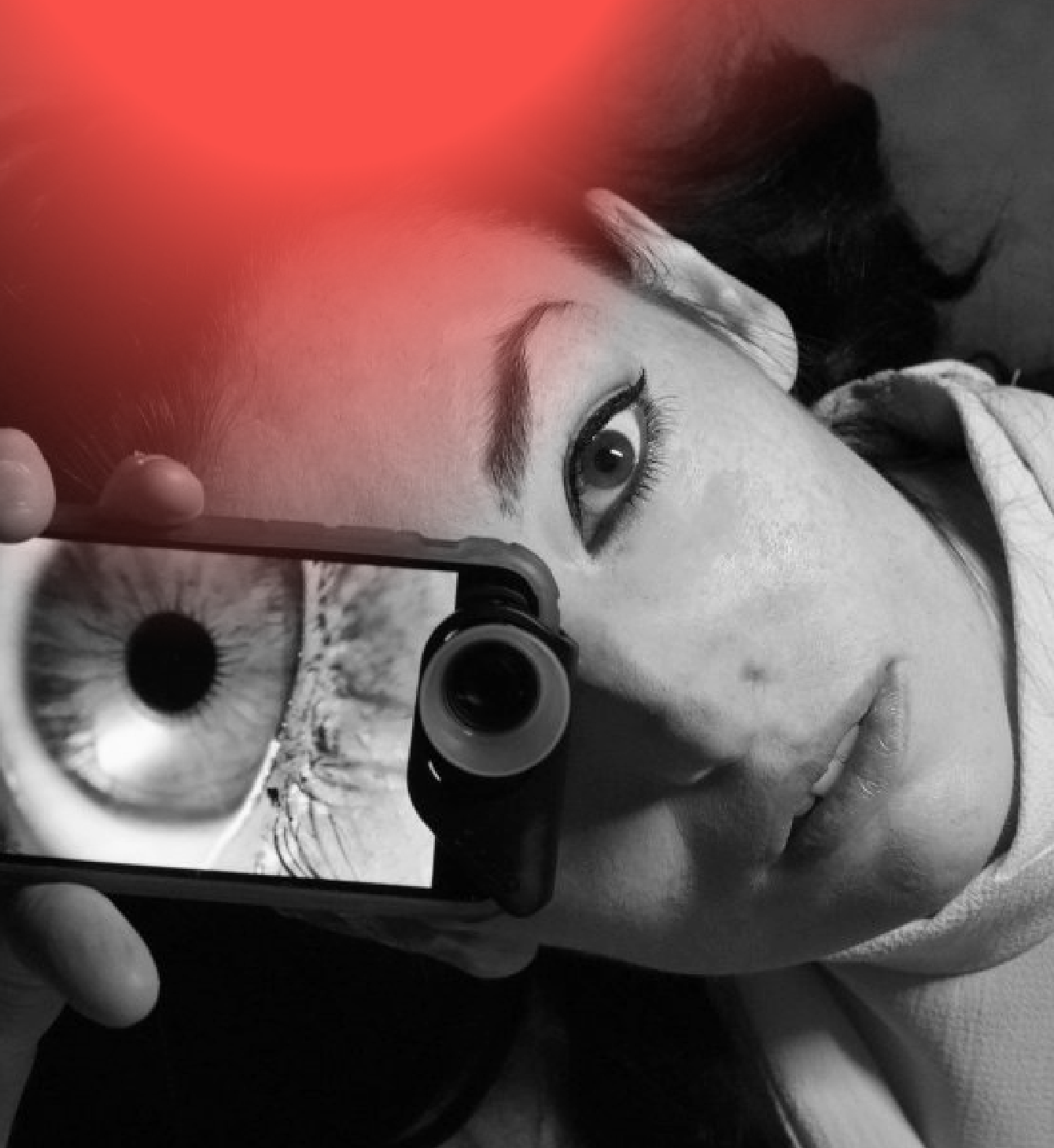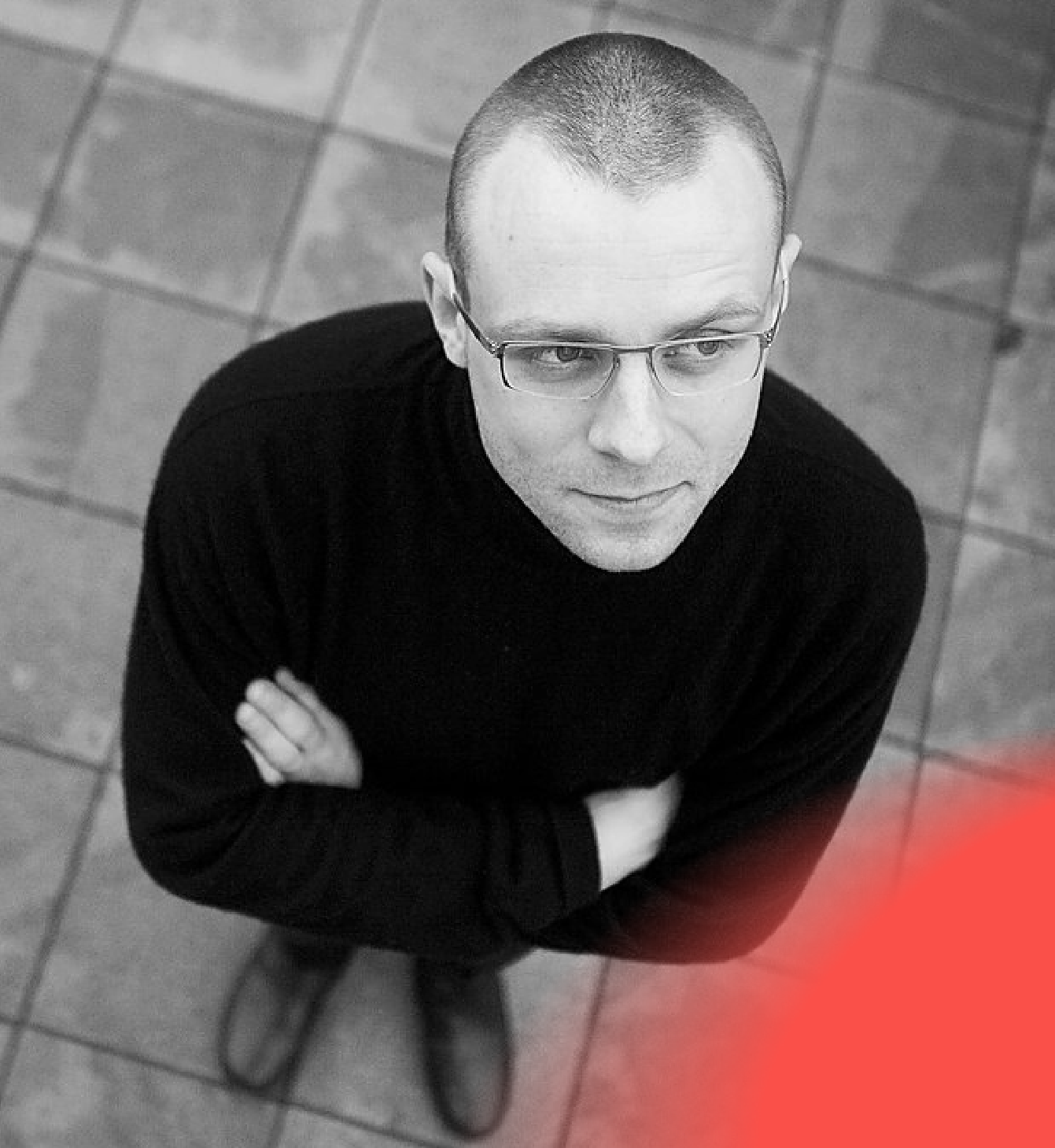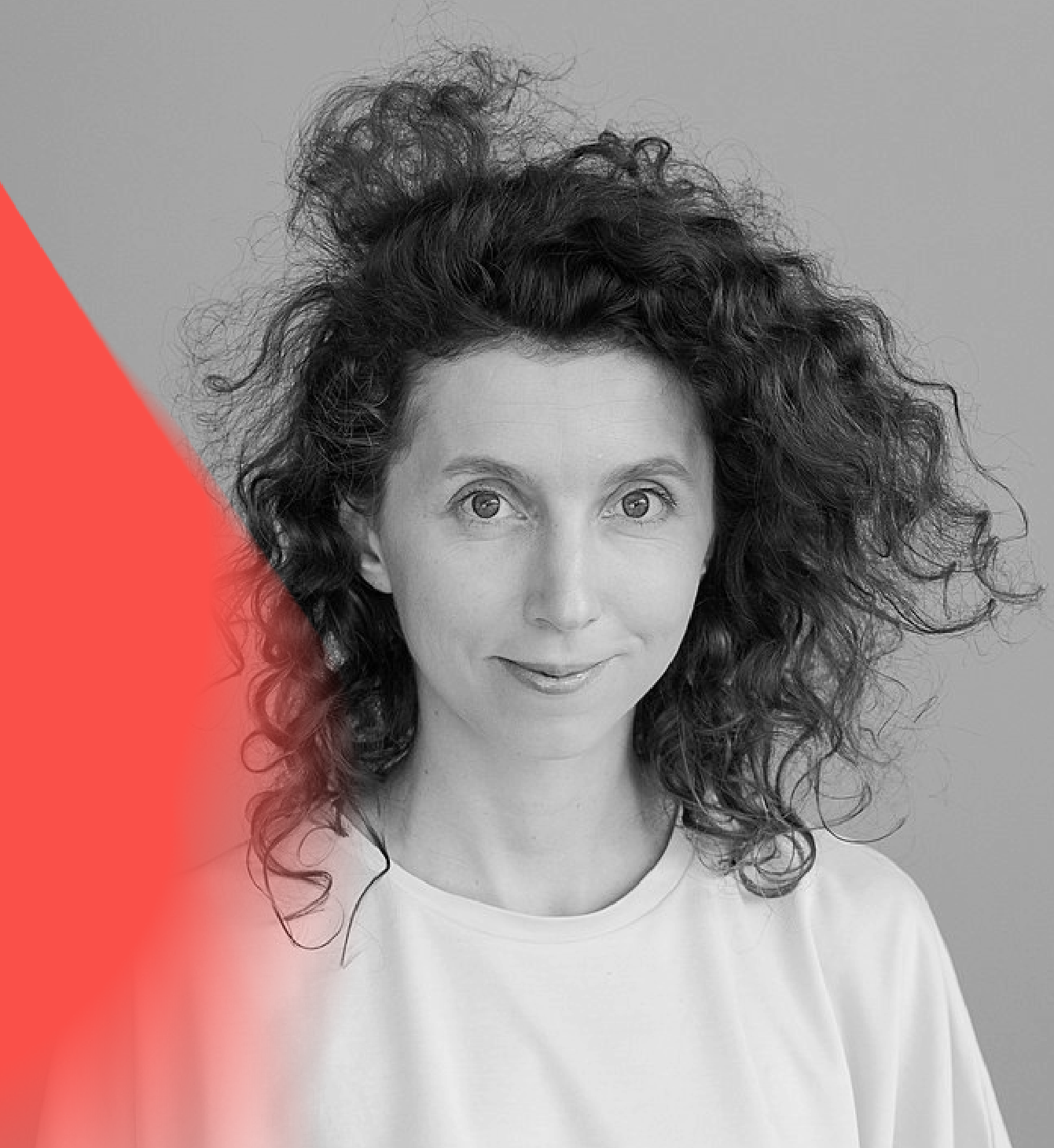CULTURE IN
THE TIME OF
CORONA
When confronted with any crisis, the vital importance of culture and arts is revealed. Against the backdrop of the tragic economic and social catastrophe, we are witnessing the resilience and ability of the creative sector to adapt quickly. We have seen the world’s most powerful cultural institutions fall and the creators lose their jobs overnight. This did not prevent the emergence of numerous art projects uniting the international community, which inspired a spark of optimism and a sense of communion for those isolated at home. We have seen the value of digitisation of art and cultural treasures (this trend was given high priority in cultural policy in recent years), when the attendance of websites of cultural institutions has instantly increased hundreds of times. The pandemic which made the world stop has inspired cultural creators to look again at their mission, to create alternative strategies of action, educational and dissemination tools that have helped those isolated at home gather together for common discotheques and have brought culture directly to the courtyards of the quiet audience standing behind the apartment windows.

